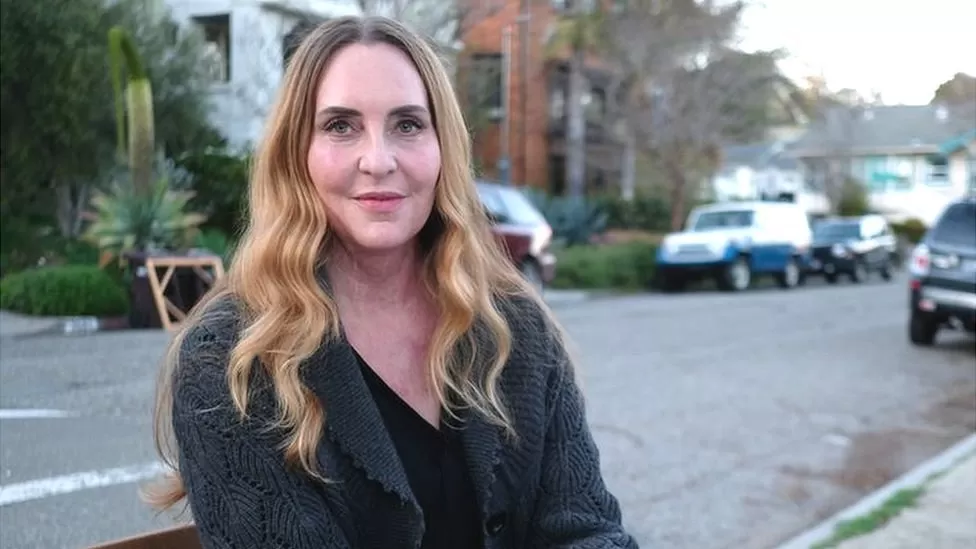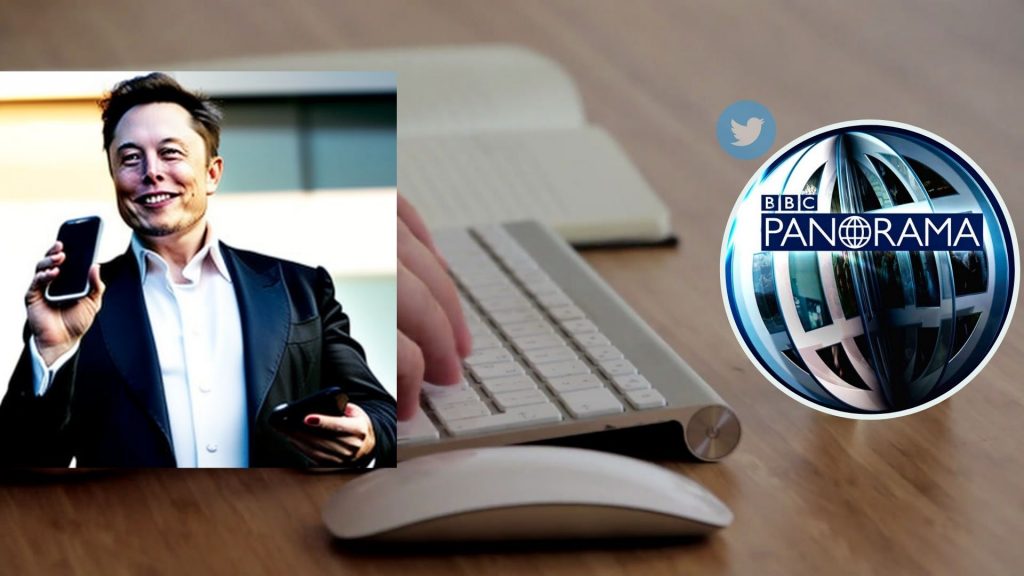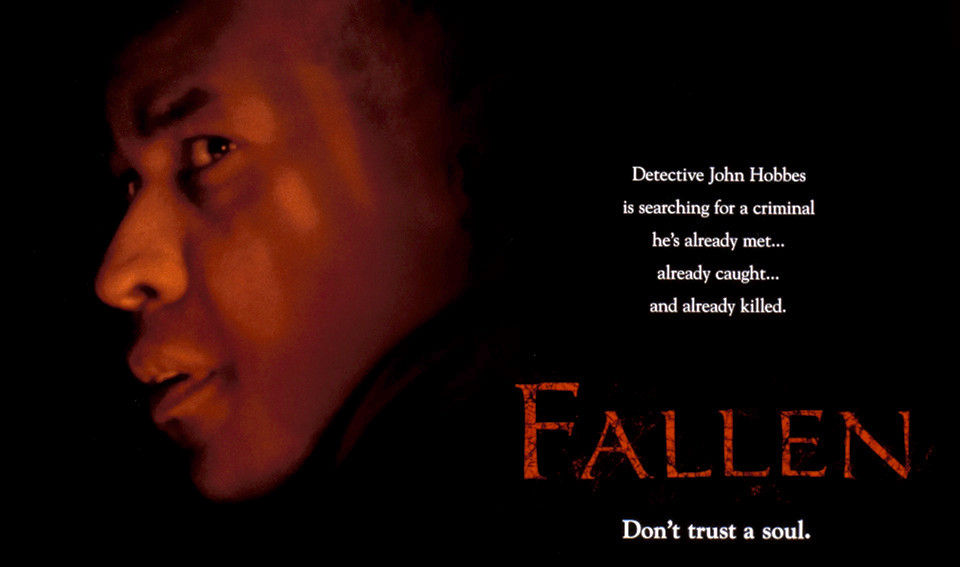Insiders and former employees of Twitter have told the BBC that the platform is no longer able to protect users from trolling, state-co-ordinated disinformation and child sexual exploitation.
Due to the lay-offs and changes that have occurred since being taken over by Elon Musk.
Panorama investigates how Elon Musk’s ownership is transforming one of the world’s most influential social media platforms. Reporter Marianna Spring speaks to current and former insiders in San Francisco and the UK and reveals how hate and misogyny are thriving under the new owner.
A recent report has alleged that since Elon Musk took charge of Twitter, thousands of new accounts have been created that have subsequently followed profiles which are “abusive” and “misogynistic”.
These figures were claimed to be 69 percent higher than before he was in charge, suggesting a “permissive environment”.
Academic data and testimony from Twitter users support these allegations, with a surge in accounts following misogynistic and abusive profiles.
In response, Musk tweeted: “Sorry for turning Twitter from nurturing paradise into place that has … trolls.” Lisa Jennings Young, a former head of content design at Twitter, told the BBC that before the takeover the platform was trying to crack down on widespread trolling.
The former head of content design has revealed that her entire team, who had created safety measures such as nudge buttons to reduce trolling by 60%, have been let go.
Current and former Twitter employees have reported a chaotic working environment, with Mr Musk shadowed by bodyguards at all times. An engineer working for Twitter described the platform as a building that appears fine on the outside but is “on fire” inside, with no one taking care of safety measures.
The BBC spoke to Lisa Jennings Young (below), a former head of content design at Twitter, who said that before the takeover the platform was trying to crack down on widespread trolling.

“It was not at all perfect. But we were trying, and we were making things better all the time,” she said.
Another reporter who shares coverage of disinformation, conspiracies and hate there. But throughout most of last year I noticed it steadily lessening across all of the social media sites. And then in November I realised it had got worse on Twitter again.
“It turns out, I was right. A team from the International Center for Journalists and the University of Sheffield have been tracking the hate I receive, and their data revealed the abuse targeted at me on Twitter had more than tripled since Mr Musk took over, compared with the same period in the year before.”
Ray Serrato, a former Twitter worker who tackled state-sponsored disinformation, said that the team he used to work for had been “decimated” and only has minimised capacity today.
He said: “Twitter might have been the refuge where journalists would go out and have their voice be heard and be critical of the government. But I’m not sure that’s going to be the case anymore.”
“There are a number of key experts that are no longer in that team that would have covered special regions, or threat actors, from Russia to China.”








[…] Elon Musk took over Twitter in October last year and later announced Xcorp […]